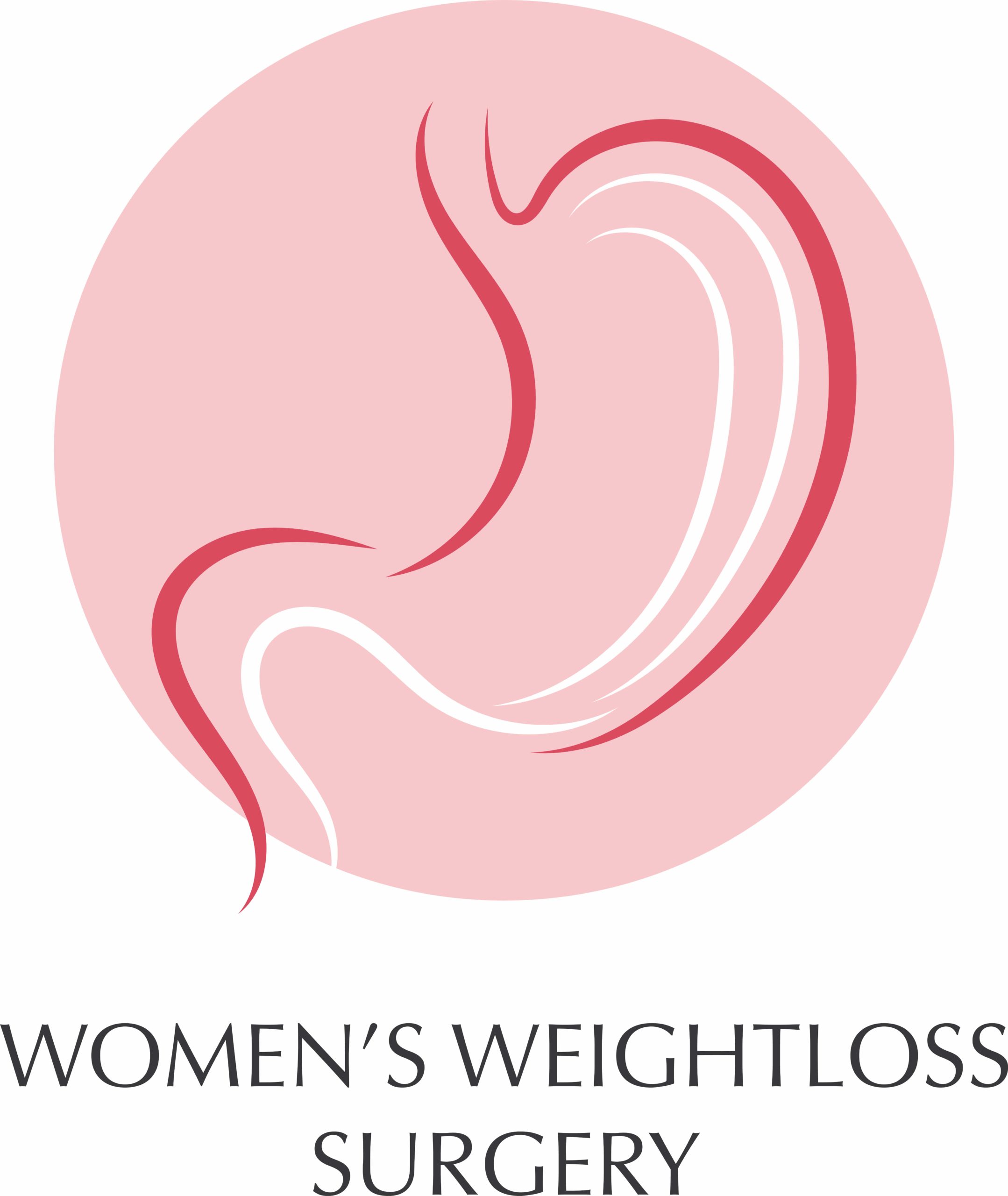Hair loss post surgery is formally called ‘telogen effluvium,’ which is basically a fancy Latin way of saying temporary hair loss.
This can occur after any surgery, or any major life occurrence, but specifically effects approximately 30-40% weight loss patients. It typically occurs 3-4 months after surgery and generally lasts up to 6 months. This is temporary, unrelated to nutrition, and the hair usually grows back. It is characterized by hair thinning and/or an increase in hair shedding. This is due to a disturbance in the hair cycle. The hair cycle has 3 phases – Anagen (growth), Catagen (transitional) and Telogen (resting). With telogen effluvium the growth phase slows and more hair follicles enter the resting phase. These follicles become hyper prone to shedding in this time.
Hair and nail growth are usually affected by the same influences. Any change to hair growth is often coupled with nail changes. Most commonly this manifests as a groove across the nail that becomes noticeable around the time of the shock to the system. This is called a Beau line. Other changes can include flakiness, increased brittleness and white spots. Again this is not a nutrition issue but rather a result of the body recovering from a major physiological change.
The diagnosis is made clinically, meaning no blood test or biopsy is usually required.
No specific treatment is required as this is usually a self-limiting condition that improves as the weight loss slows.
New hairs growing from the scalp actually push out the telogen hair. Therefore, paradoxically, the time of maximal hair loss is actually a sign of hair regrowth. To start with this will be seen as a fine fringe of new hair along the hairline. This will return to ‘normal’ hair within a 6-9 month period in most cases.
Patients are encouraged to be kind to their hair and avoid excessive brushing, combing or aggressive scalp massage. It is important to stay in contact with your bariatric team during this time to ensure adequate protein and multivitamins are being consumed.

